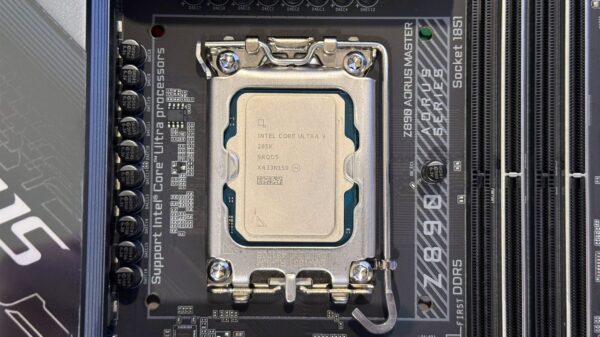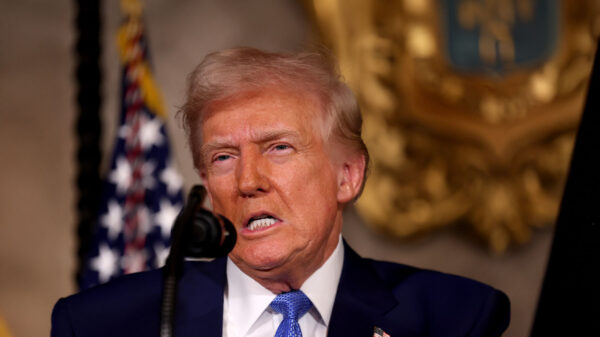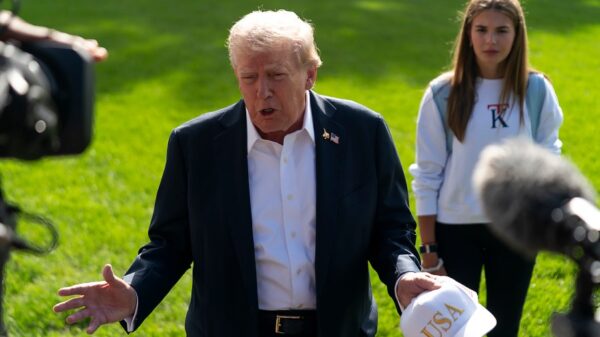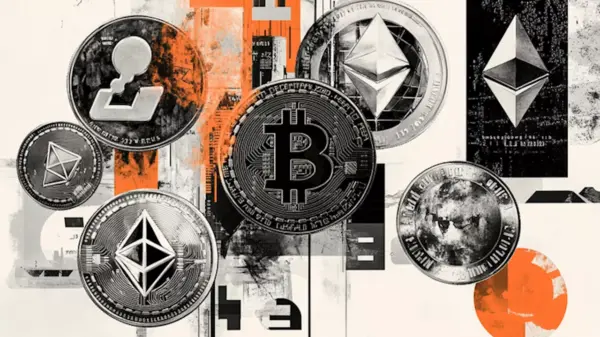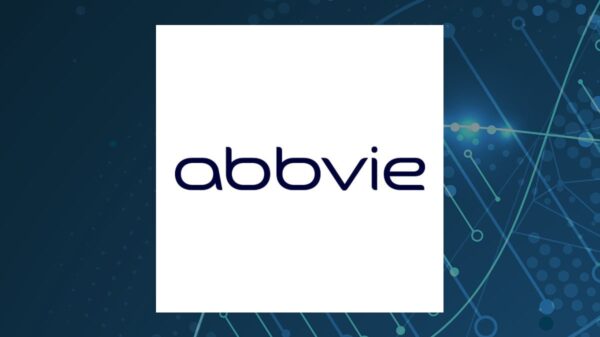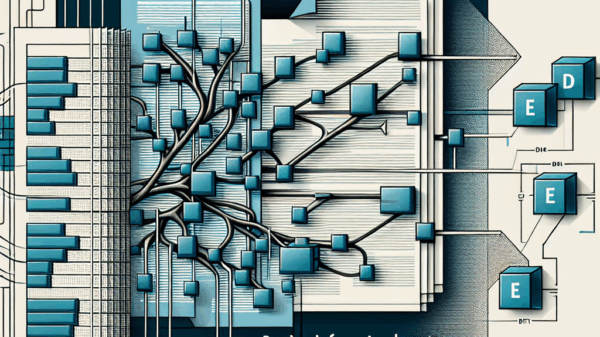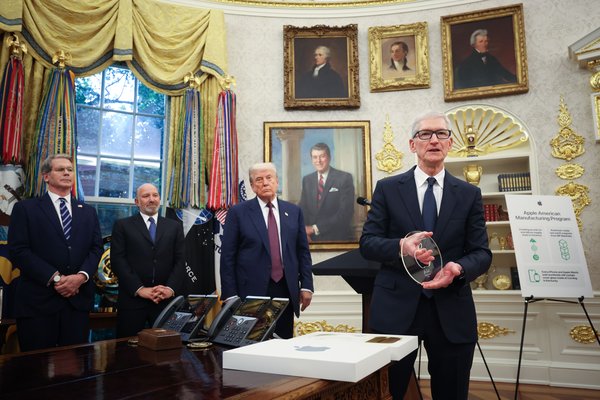BREAKING: AI giants are swiftly navigating around Donald Trump’s newly proposed 100% chip tariffs, a move that could dramatically disrupt global supply chains. In a startling development, these tariffs threaten to impact the tech industry almost immediately, but years of strategic U.S. buildout plans have left major AI firms largely insulated — for now.
As of October 18, 2023, the implications of these tariffs are profound, potentially affecting everything from production timelines to pricing strategies. Notably, companies like Google, Microsoft, and Amazon are already strategizing to mitigate the potential fallout.
The urgency of this announcement cannot be understated. The tariffs, if enacted, would impose significant costs on imported semiconductors, which are vital for AI operations. Industry analysts warn that even a temporary delay could ripple through the tech sector, impacting product availability and consumer prices.
The tariffs come as part of a broader effort by the Trump administration to bolster U.S. manufacturing. However, the response from the tech community has been swift and critical. AI firms are calling on government officials to reconsider the measures, arguing that they would stifle innovation and competitiveness in a rapidly evolving market.
In light of these developments, experts suggest that AI companies will likely pivot quickly to alternative supply chains to ensure continuity. This could include sourcing chips from domestic manufacturers or exploring partnerships with suppliers in other countries less affected by the tariffs.
WHAT’S NEXT: Stakeholders are closely watching for further announcements from the White House, as well as responses from tech leaders regarding their next steps. The tech industry is bracing for a potential showdown, with significant implications for innovation and market stability.
This situation is evolving, and the industry is poised for immediate action. As the effects of these tariffs become clearer, expect major announcements from affected companies in the coming days. The stakes are high, and the outcome could reshape the future of AI and tech development in the U.S.
Stay tuned for the latest updates as this story develops.


